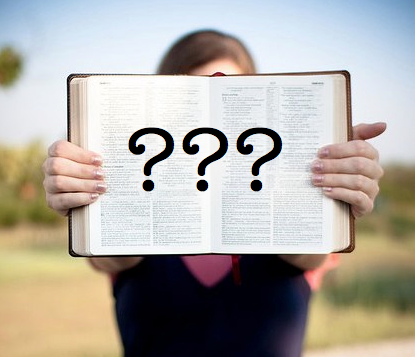What Does Zechariah 13:7 Mean?
Podcast: Play in new window | Download
Subscribe: RSS
What does Zechariah 13:7 mean, specifically, “Then I will turn my hand against the little ones”?
To understand what this verse means, we must look at the entire context of Zechariah’s prophecy in chapters 12 and 13. Chapter 12 begins with the LORD’s promise that Judah would be delivered from all of her enemies (1-9). This however, would create a situation where they would reject and kill the Messiah (10-14). As a result of their rejecting the Messiah, God would pour out the Spirit of grace upon them (10), and they would mourn the death of the Messiah (10-14). This moves us into Zechariah chapter 13. The Messiah’s death would open a fountain of cleansing for sin and uncleanness (1). The idols, false prophets, and unclean spirits would be cut off and driven out of the land. This would result in all prophets being rejected (3). Even legitimate prophets would deny being prophets (4). In this context, God’s shepherd would be struck and His sheep scattered (7). In response to God’s Shepherd being struck, He will turn His hand against the “little ones.” This will result in two-thirds of the land being cut off and dying, and only one-third left (8). That one-third would be refined as silver and gold. They will be God’s people who remain (9).
So, how does all of this find its fulfillment? When we think about the history of Israel before Jesus’ birth, the nation of Judea was established after their return from captivity in 536 B.C. They were subject to other nations for a time, but won their independence in 160 B.C. They became proud and arrogant about this. When Rome came to conquer the area in 63 B.C., they ended their independence and put vassal kings on the throne over Judea. Herod the Great became king in 40 B.C, and the Jews did not like this state of affairs. It became even worse in 6 A.D. when Rome made Judea one of their provinces under a Roman governor. Many wanted a return to an independent Jewish state and rebelled against the Romans. Some examples of this are listed in Acts 5:36-37. It was in this context of concern of rebellion against Rome that God sent His Son, Jesus. This culminated with the rulers of that day and age crucifying Jesus because they feared the Romans would take away what little of their power remained (John 11:48).
After Jesus’ death, burial, and resurrection, God sent the Holy Spirit upon the apostles (Acts 2:1). This resulted in great repentance on the part of many who were convicted of crucifying God’s Messiah. We see this in Acts 2 and 3 with the advent of Christianity. The fountain of cleansing is the blood of Christ for the forgiveness of sins. However, the Jewish people as a whole, would reject Jesus and the apostles as God’s prophets. They would persecute them as Saul of Tarsus did. Jesus, the good Shepherd, was the first to be struck and His sheep (disciples) scattered. We see them being scattered in Acts 8 after Saul began his great persecution against the church. With God’s people driven out of Jerusalem, God would turn his wrath against the “little ones,” namely, those Jews who had rejected Jesus as the Messiah. They thought they were important, but they were really of no account. Hence, God calls them “little ones.” The ones who were destroyed were those who tried to defend and keep Judea and Jerusalem from the Romans. They were destroyed in 70 A.D. by Titus. Those who survived were those who listened to the warnings of Jesus recorded in Matthew 24. They were the one-third who became God’s people, namely, Christians.

